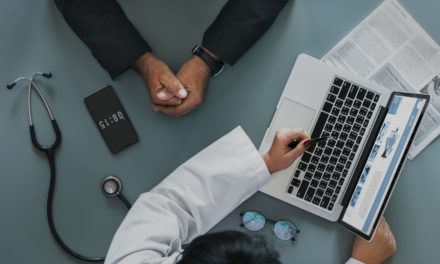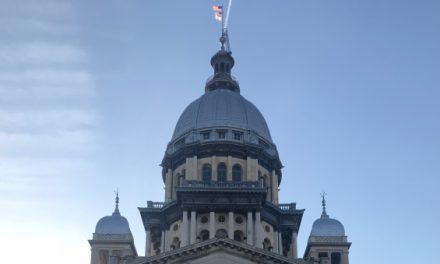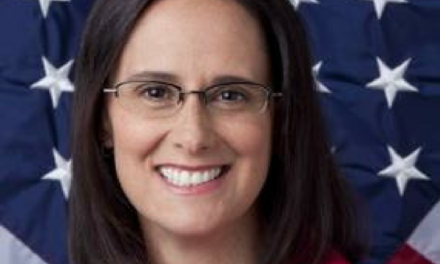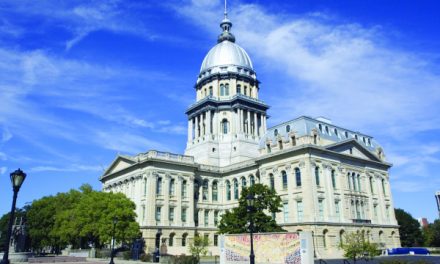
Changes to healthcare program for undocumented people, Medicaid redeterminations create ‘perfect storm’
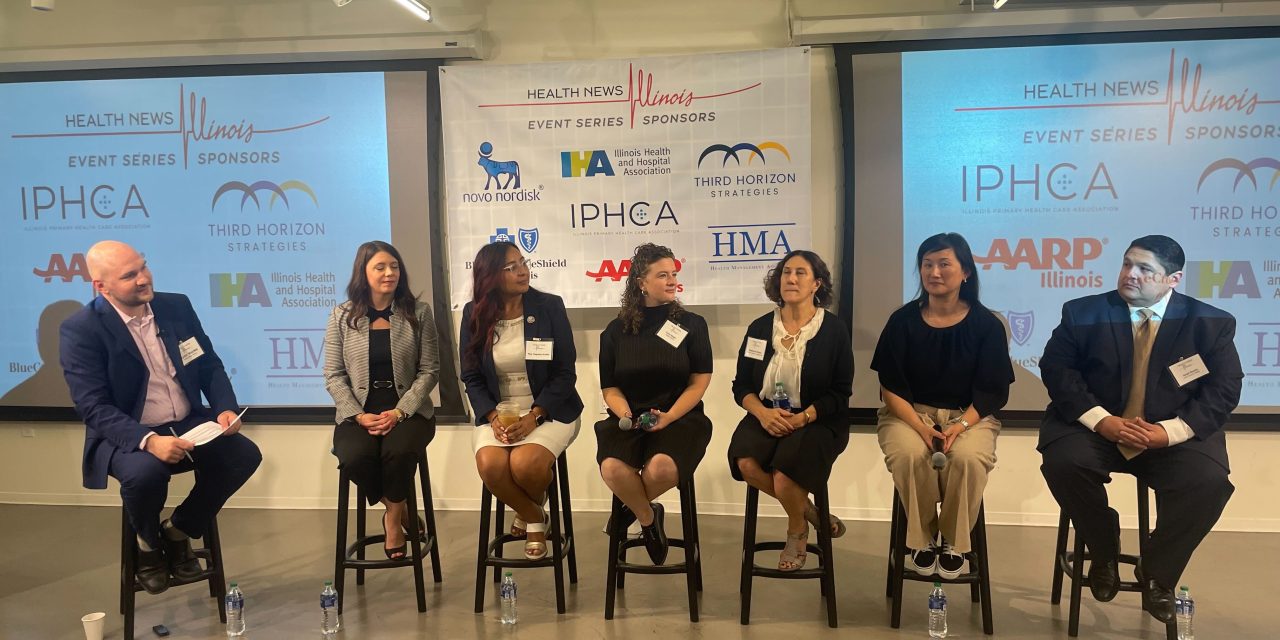
At a Health News Illinois panel this week, advocates outlined impacts of proposed changes by Gov. JB Pritzker’s administration to a program offering Medicaid-like coverage for undocumented individuals and described efforts on the ground as an enrollment pause for those who aren’t seniors begins Saturday.
Speakers included:
- Israel Rocha Jr., CEO, Cook County Health
- Stephanie Altman, Director of Healthcare Justice, Shriver Center on Poverty Law
- Stephanie Willding, CEO, CommunityHealth
- Tovia Siegel, Campaign Director, Healthy Illinois
- Kai Tao, Principal of Impact & Innovation, ICAN!
- Rep. Dagmara Avelar, D-Bolingbrook
Edited excerpts from the event are below.
HNI: How will these rules affect healthcare for this population?
Tovia Siegel: Illinois has been a leader in this space over the last three years. We’ve been able to expand coverage to those 42 and older who are Medicaid eligible in terms of their income, but not in terms of their immigration status. This has been life-changing and life-saving for over 60,000 people now.
I can’t tell you how many stories we have heard of people who say, ‘I had to decide whether my parents would be able to stay with me in the United States, or I’d never see them again because they’d have to return to a home country to get care after living in the United States for decades.’ Or people who say, ‘I never would have gone in for primary or preventive care and I got a cancer diagnosis early enough that I could be treated because of this coverage.’ There are thousands and thousands of stories and family members of people with stories who are impacted by the incredible work that has been done in Illinois to provide coverage.
With the recent changes that were announced on June 16 — so just over a week ago — and set to go into effect in a few days, we’ve had 14 days to scramble and let community members know what these will mean and try to assess them ourselves. People are really, really scared.
Those who have coverage (are scared they) won’t be able to afford care because there are now exorbitant copays up to $250, which is unheard of in other Medicaid coverage. There are people who are going to turn 42 in the next month who have been waiting for years for coverage and won’t qualify because enrollment is closed. Or people who don’t know this program exists and are going to end up with a critical condition in the emergency room in need of care and not be able to get the health coverage they would have been able to get a week before.
HNI: There have been reports that these proposed changes will affect the reimbursement rates for services provided by Cook County to individuals in the program. Can you talk more about that?
Israel Rocha Jr.: As public health institutions, we have a specialized rate because we provide so much uncompensated care. If there is a way that we can try to work together to make the program work, we’re going to try to find it.
Those are the discussions that are going on with the state. We continue to have those conversations. My team will always say — whether they laugh at me behind my back or not — I’m an eternal optimist, and I’m going to find a way to make it happen. And that’s what we’re here to do.
HNI: According to Mayor Brandon Johnson’s administration, 11,000 migrants have come to the Chicago, with 5,000 in a dozen shelters and 650 in police stations. What are some of the ways that CommunityHealth is providing care to these individuals?
Stephanie Willding: We do a lot of point-of-care screenings, including rapid flu, COVID-19 and strep. We are testing for pregnancy and urinary tract infections. We’re doing point-of-care blood glucose tests and taking blood pressure. We have a suitcase full of over-the-counter medicines that we’re able to give out to help with allergies and upper respiratory pain. People are sleeping on floors, so there is a lot of pain. We’re seeing a lot of dental issues.
A lot of what we see right now in the precincts is the mental health toll that (this environment) is taking on individuals. That’s why I really want to emphasize that people piece … There’s not enough that we could do to support the human aspect of what’s happening.
Israel Rocha Jr.: At Cook County Health, we offer full comprehensive services. … We provide primary care, transportation, dental, behavioral healthcare, specialty care, acute care and also pharmaceutical needs. We do patient coordination because this is a very difficult population as they’re going in and out of different centers. We have a team dedicated to make sure they’re communicating moving forward.
The cost is about $1.8 million a month and we have that moving forward. But we’ve been able to provide comprehensive screening services for children’s school readiness and physicals to make sure that they’re able to enter schools if they need to. We’ve created an asylum clinic that is able to specialize and has pediatrics, behavioral health, dental — everything across the spectrum along with our care coordination efforts.
HNI: Providers are dealing with the return of Medicaid redeterminations and undocumented individuals seeking healthcare. How much concern is there about this perfect storm?
Stephanie Willding: It is a bit of a perfect storm, and it’s not good. Healthcare providers are exhausted. We are living in a sustained crisis, off the heels of a major, multi-year, urgent crisis. Our staff are burnt out. There’s a healthcare worker shortage.
From a coverage perspective, we anticipate a significant number of people are going to lose their Medicaid coverage. The fact of the matter is it’s not good for underserved communities and immigrant communities.
HNI: Pritzker has said recently that he still sees a future where this program expands to cover all adults in the state. Is that still possible and how do policymakers get there?
Rep. Dagmara Avelar: We have to be at the table. We have to continue to apply the pressure. This is not this is not the end. If anything I see it as a way for us to be more innovative, looking at what other states are doing.
We are just not going to give up, I can tell you that — and not just the Latino Caucus. I want to make sure that that is clear. This is not just a Latino issue. This is not just also a Latino Caucus issue. This is an issue with regards to public health. The best thing that we could do for our communities is have healthy communities. Part of that is access to healthcare. We’re just going to continue to do what we do best, which is making sure that we push for ideas and innovation that set us up to close the gap.
HNI: What do advocates make of these cost-control moves?
Tovia Siegel: For the people living it, it’s terrifying. It’s devastating and it’s a slap in the face to the folks who have been working for decades now to pass these programs and to make our state one that is welcoming in the way that we claim it to be.

